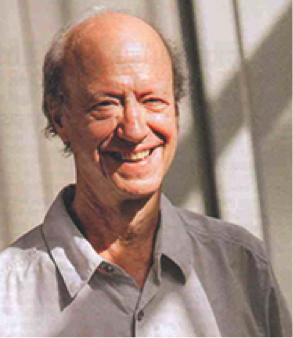Author Events: Ann Wee and Rodolphe De Koninck May 19, 2017 12:00
We’re pleased to announce that two NUS Press authors will be having events in Singapore towards the end of May.
Meet Ann Wee at Kinokuniya (May 27)
Mrs Ann Wee, author of A Tiger Remembers: The Way We Were in Singapore,  will be appearing at Kinokuniya Main Store (Ngee Ann City) on Saturday, May 27 at 4pm.
will be appearing at Kinokuniya Main Store (Ngee Ann City) on Saturday, May 27 at 4pm.
Born in the year of the Tiger, Ann Wee moved to Singapore in 1950 to marry into a Singaporean Chinese family. Affectionately observed and wittily narrated, A Tiger Remembers: The Way We Were in Singapore brings to life Singapore’s social transformation.
A finalist for ‘Best Non-Fiction Title’ for the 2017 Singapore Book Awards, this book captures the things that Ann Wee remembers but history books have left out – questions of hygiene, terms of endearment, the emotional nuance in social relations, rural clan settlements, migrant dormitories, and more.

(Image credit: Ann Wee)
Admission is free—just drop by the Kinokuniya Main Store at 4pm next Saturday!
Talk by Prof Rodolphe De Koninck: The Challenges of Mapping Singapore’s Permanent Territorial Transformations (May 29)
Rodolphe De Koninck will be presenting a talk at the Asia Research Institute at the National University of Singapore on Monday, May 29, 4 – 6.30pm.
Over a period of nearly 25 years, Singapore’s territorial transformations have  been the object of three atlases by Professor De Koninck. The first appeared in 1992, the second in 2008, and Professor De Koninck’s latest book, Singapore’s Permanent Territorial Revolution: Fifty Years in Fifty Maps will be published at the end of the month.
been the object of three atlases by Professor De Koninck. The first appeared in 1992, the second in 2008, and Professor De Koninck’s latest book, Singapore’s Permanent Territorial Revolution: Fifty Years in Fifty Maps will be published at the end of the month.
Ever since Singapore became an independent nation in 1965, its government has been intent on transforming the island’s environment. This has led to a nearly constant overhaul of the landscape, whether still natural or already manmade. No stone is left unturned, literally, and, one could add, nor is a single cultural feature, be it a house, a factory, a road or a cemetery.

(Image credit: Wilson Pang)
By constantly “replanning” the rules of access to space, Professor De Knoninck shows that the Singaporean State has been redefining territoriality, even in its minute details. This is one reason it has been able to consolidate its control over civil society, peacefully and to an extent rarely known in history.
The talk will be devoted to the presentation of how Singapore’s Permanent Territorial Revolution was produced and, more importantly, to a summary and explanation of its contents and conclusions.
Admission is free but you are encouraged to register your interest with the Asia Research Institute.
